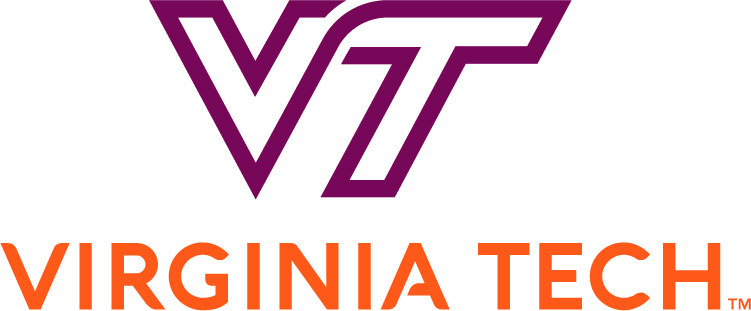Many favorite summer activities, like camps and vacations, have already been postponed until next year. Families may need to look closer to home for a refreshing change of pace after long periods of doing jobs and schoolwork at home, says Virginia Tech expert Rosemary Blieszner.
Planning a staycation together can introduce some anticipation and excitement into the family routine. Blieszner offers the following tips for families who’d like to introduce some novelty to staying at home.
- Spend time together making plans for special activities for each day of the staycation. Develop some guidelines for these conversations, such as everyone gets a chance to speak once before anyone can speak again. Write them down so everyone can remember.
- Have each person propose an activity for the family to do together, then discuss the pros and cons and choose the best ideas. Make sure each person selects a favorite activity to do alone each day, as well.
- Create a vacation-like daily plan with morning, afternoon, and evening events. Include small surprises and try new things (breakfast for dinner, crazy outfit day).
- Adults avoid work if they can afford it.
- Agree to one or more “no phone/no social media” days, then talk about what it felt like.
- Make notes for each family member: I am grateful for you because...
- Create and act out a mythical story together.
- Go on an online museum or zoo tour.
- Look for collage materials outside and make a display on cardboard.
- Create cards to cheer residents at a nursing home.
“With a little imagination and a willingness to try new things, the 2020 staycation can be a fun, relaxing, and novel family time,” says Blieszner.
About Blieszner
Rosemary Blieszner is Alumni Distinguished Professor in the Department of Human Development and Family Science and Senior Fellow in the Center for Gerontology at Virginia Tech. She has taught courses in adulthood and aging and conducts research on families, friends, caregiving, and resilience. She is co-chairing the Steering Committee for the university’s 150th anniversary in 2022.
Our studio
Finding reliable experts for media interviews is especially important during this difficult time. Virginia Tech's television and radio studios can broadcast live HD audio and video to networks, news outlets, and affiliates interviewing Virginia Tech faculty and staff. The university does not charge for use of its studios. Video is transmitted by LTN Global Communications; Skype, FaceTime, or similar products; or file sharing (Dropbox, Google Drive, We-Transfer, etc.). Radio interviews can be transmitted by ISDN, Comrex, phone, smartphone recording, or file sharing.
